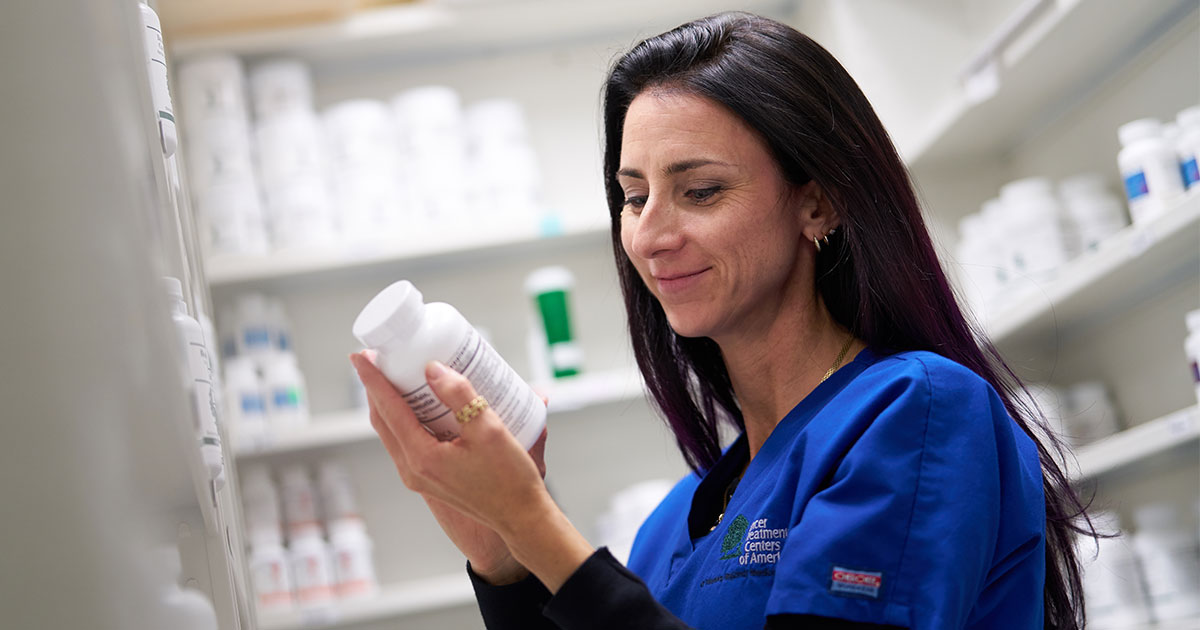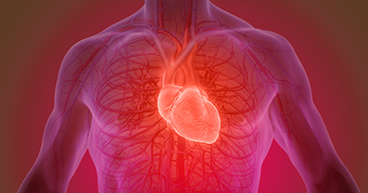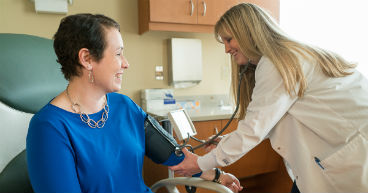
Statins—prescription drugs taken by some 40 million Americans to help lower cholesterol—have been a game-changer in preventing cardiovascular disease. Now, a growing body of evidence suggests these drugs may also protect against colorectal cancer, prostate cancer and several other cancers. While it’s not been suggested that statins be prescribed to lower cancer risk, they may prove to be an added benefit for the millions of Americans who take them to manage their cholesterol levels.
Reducing colorectal cancer risk
Researchers from Johns Hopkins Medicine analyzed nearly three decades worth of data and concluded that statin use was “associated with a statistically significant lower risk of dying from [colorectal cancer] in participants without cancer at baseline.” The results were not affected by study participants’ race, age, gender or length of time on statins.
Also, in 2019, Chinese researchers published the results of a meta-analysis of 14 studies involving more than 130,000 people to assess the overall and cancer‐specific survival benefit of statin use on colorectal cancer patients. They found that taking a statin both before and after a cancer diagnosis was associated with a reduced number of deaths overall and a reduction in cancer-specific deaths among colorectal cancer patients.
Additional benefits
Other studies indicate that statins may reduce the risk of several other cancers, including:
Prostate cancer
A 2018 study suggests that “long-term use of lipid-lowering medications was associated with a lower risk of developing prostate cancer, and that current use appeared to be associated with a lower risk of fatal prostate cancer among men without the diagnosis at the start of follow up.”
Ovarian cancer
A Johns Hopkins observational study of more than 10,000 women with epithelial ovarian cancer found that “women who were taking any type of statins had a reduced mortality of 40 percent, and those taking lipophilic statins had a 43 percent reduction in mortality,” according to a report in The ASCO Post.
What are statins?
Cholesterol is a wax-like substance in cells that helps the body digest food, produce hormones and process vitamins, especially vitamin D. In most cases, the body produces the cholesterol needed to perform these tasks, but many people also ingest cholesterol from eggs, meats and cheeses. Too much cholesterol can build up in the bloodstream and increase the risk of cardiovascular disease. Enter statins, which were first approved by the U.S. Food and Drug Administration in 1987 to reduce cholesterol.
Statins work in two ways:
- They stop the productions of certain enzymes required to produce low-density lipoprotein (LDL), often referred to as bad cholesterol.
- They also help the body process the excess cholesterol that may have built up over time.
While plenty of evidence exists to explain why and how statins work to lower LDL cholesterol, the drug’s potential cancer-fighting properties are still somewhat of a mystery.
In an effort to solve that mystery, a team of Johns Hopkins researchers launched a study to determine which drugs had the best “kill rate” of cells genetically engineered to have a mutation in a cancer gene called PTEN, an enzyme that suppresses tumor growth. Most of the 2,500 drugs tested either had no impact or killed both the normal cells as well as the genetically engineered ones.
But a lipid-reducing drug called pitavastatin “caused cell death in nearly all of the engineered cells, but very few normal cells,” according to a Johns Hopkins news release. Researchers say that after the pitavastatin was added to the human cancer cells with the PTEN mutation, the mutated cells “starved to death.” The team plans to conduct further research.
No substitute for lifestyle changes
While the recent findings are exciting, it’s too soon to know the exact role statins may play in protecting against colorectal and other cancer types, says Pankaj Vashi, MD, AGAF, FASPEN, Vice Chief of Staff at Cancer Treatment Centers of America® (CTCA), Chicago.
“We don’t yet know if statins are making the difference or if patients taking statins are more conscious about their diet and cholesterol and actively modifying their diet to lower cholesterol,” Dr. Vashi says.
He also cautions patients to remember that, like all drugs, statins come with risks and possible side effects.
“Statins aren’t safe to take unless a person has high cholesterol,” Dr. Vashi says. “They elevate liver enzymes and may cause severe muscle cramping and pain.
Instead, eating a well-balanced diet, limiting alcohol intake, getting regular exercise and knowing your genetic risks remain the key to staving off colorectal cancer, he advises: “The most important thing to keep in mind is nothing replaces lifestyle changes.”


